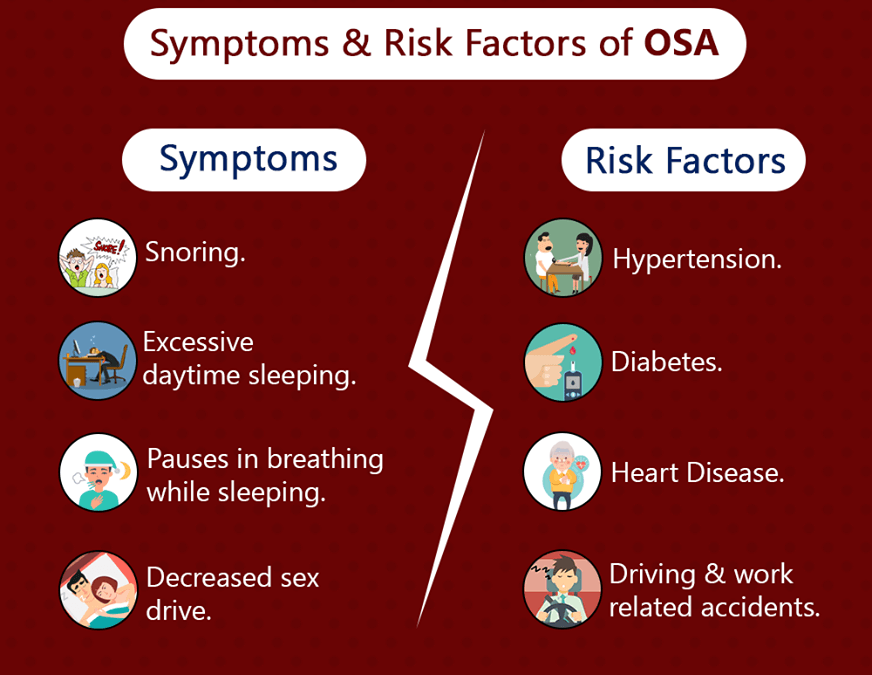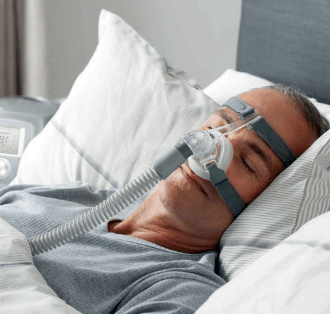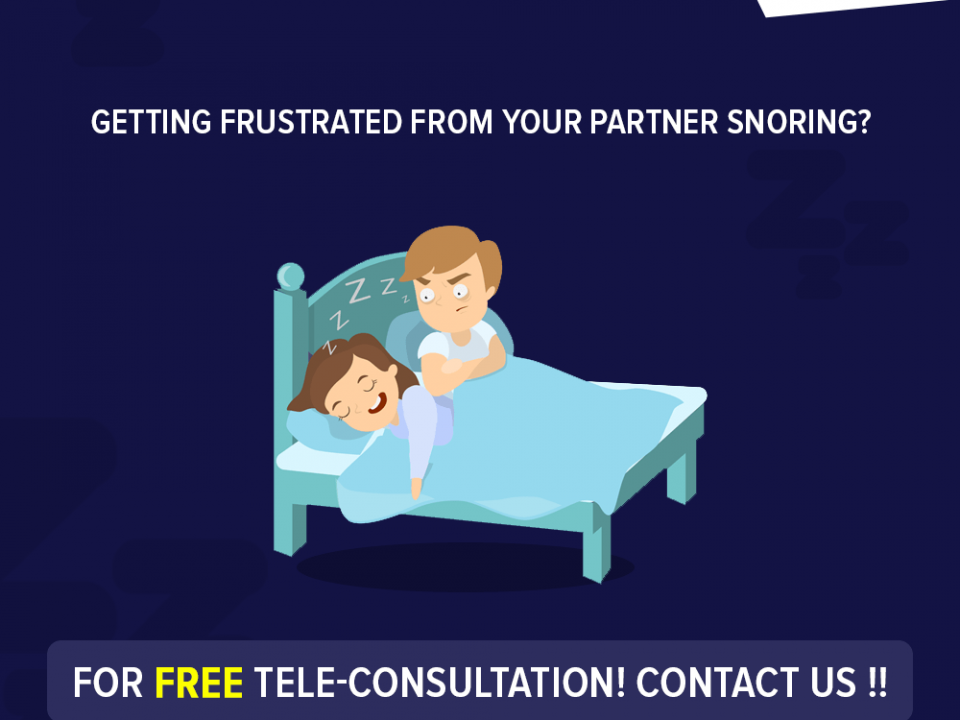<h1><b>Snoring causes and health risks associated with snoring</b></h1>
<span style=”font-weight: 400;”>Snore is the harsh noise some people make while sleeping, it is very annoying and irritating not only for the snorer but also for the people who sleep with the snorer and sometimes even to the people who sleep in other rooms. Snoring happens when you breathe in your sleep, the air flows through your throat which causes the relaxed tissues in your throat to vibrate and cause harsh and irritating snoring sounds. Most of us think that snoring is very common condition but it is just more than common bedtime annoyance, there are several health risks associated with snoring. Let’s see how snoring is caused and health risks associated with snoring. </span>
<b>Snoring Causes:</b>
<span style=”font-weight: 400;”>Snoring is caused by the blockage of airway passage, it can be caused by the following reasons:</span>
<ul>
<li style=”font-weight: 400;”><span style=”font-weight: 400;”>Overweight can cause bulky throat tissue which will cause snoring. Even, children with large tonsils and adenoids snore.</span></li>
<li style=”font-weight: 400;”><span style=”font-weight: 400;”>A long soft palate or a long uvula can narrow the opening from the nose to the throat. When it vibrates and bump into each other the airway becomes obstructed and causes snoring.</span></li>
<li style=”font-weight: 400;”><span style=”font-weight: 400;”>Snore is caused by allergy or by a sinus infection, or by some structural changes in your nostrils can cause obstruction and will cause snoring.</span></li>
<li style=”font-weight: 400;”><span style=”font-weight: 400;”>Poor muscle tone in throat and tongue can cause muscles relaxation, which allows them to collapse and fall back into the airway and causes snoring.</span></li>
</ul>
<b>Health risks associated with snoring:</b>
<ul>
<li style=”list-style-type: none;”>
<ul>
<li style=”font-weight: 400;”><b>Arrhythmias </b><span style=”font-weight: 400;”>People with sleep apnea run the risk of having cardiac arrhythmias, most commonly of which is atrial fibrillation. These are fluctuations in the heart’s natural rhythm in which the heart may beat too fast, too slow, or irregularly.</span></li>
<li style=”font-weight: 400;”><b>Long interruptions of breathing</b><span style=”font-weight: 400;”> for more than 10 seconds during sleep caused by the partial or total obstruction or blockage of the airway.</span></li>
<li style=”font-weight: 400;”><b>Frequent waking up from sleep</b><span style=”font-weight: 400;”> even though you may not be knowing it.</span></li>
<li style=”font-weight: 400;”><b>Light sleeping </b><span style=”font-weight: 400;”>people who have obstructive sleep apnea sleep lightly to try to keep their throat muscles tense enough to maintain the airflow.</span></li>
<li style=”font-weight: 400;”><b>The strain on the heart </b><span style=”font-weight: 400;”>Prolonged suffering from obstructive sleep apnea often results in higher blood pressure and may cause the enlargement of the heart, with higher risks of heart attack and stroke.</span></li>
<li style=”font-weight: 400;”><b>Poor night’s sleep</b><span style=”font-weight: 400;”> This causes drowsiness during the day and you will experience changes in your quality of life.</span></li>
<li style=”font-weight: 400;”><b>Low oxygen levels in the blood </b><span style=”font-weight: 400;”>This causes constricted blood vessels in the lungs and eventually pulmonary hypertension.</span></li>
</ul>
</li>
</ul>
<ul>
<li><b>Chronic headaches <span style=”font-weight: 400;”>Snorers often report frequent morning headaches, which are due to the alterations in the levels of oxygen and carbon dioxide in the bloodstream. </span></b></li>
</ul>
<ul>
<li>Daytime sleepiness and fatigue.</li>
</ul>
<ul>
<li>Obesity.</li>
</ul>
<span style=”font-weight: 400;”>Sleep noiseless!!</span>




